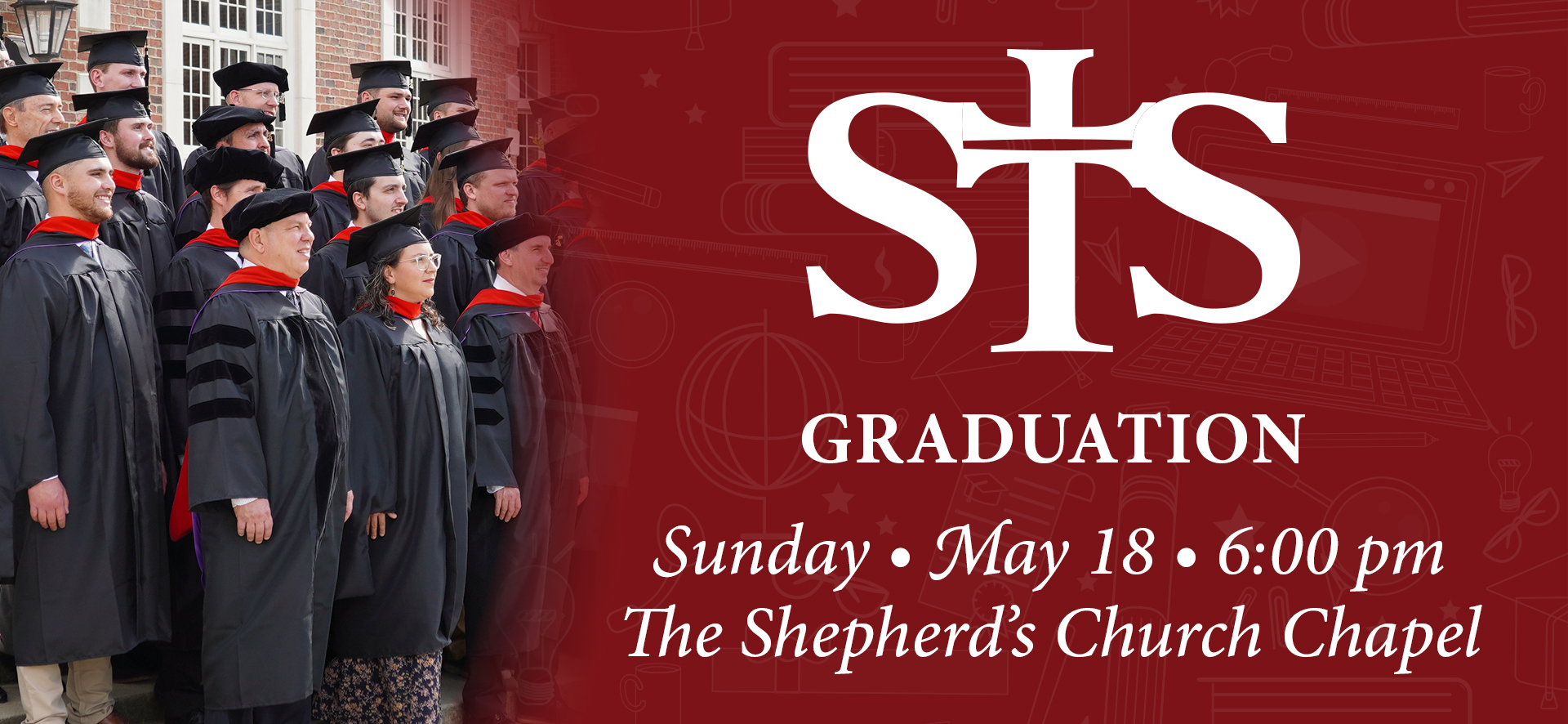Not long ago I stood over the casket of a precious friend whose life on earth was taken from her by brain cancer. I watched as her faithful adoring husband tried desperately to console himself—he was mildly successful. They had prayed. Many had prayed. For years. The cancer progressed and finally had its way, despite the valiant efforts of modern medicine. One can’t help but ask a thousand questions to try to make sense of it. But many of those questions are potentially dangerous. They can lead one to conclude that God can’t be trusted—He is not always faithful, and His Word is not always true. What do you do when your life experience seems to prove the exact opposite of the claims of Scripture? For instance, how do you explain a verse like Psalm 91:9 (“Because you have made the Lord your dwelling place—the Most High, who is my refuge—no evil shall be allowed to befall you, no plague come near your tent.”) in light of my friend’s illness and death?
The Cry of Why
It is perfectly normal to experience a tragedy and cry out “Why?” The psalmists did it often. Numerous prophets did as well. Even Jesus cried it out from the cross. When someone in your counseling office asks the question of you, after some unspeakable horror they have encountered, it is okay to respond with “I don’t know.” The human experience sometimes defies explanation. We get into trouble when our questions lead us to conclusions outside the bounds of Scripture. Logic could easily mislead us to believe that we must choose between the sovereignty of God and the goodness of God, but faith—a far better tool—allows us to embrace both because that’s what the Bible teaches. But at the end of the day, Counselor, we must acknowledge we do not and cannot understand the actions/inactions of God in every situation.
Leslie Vernick writes, “I am always a bit leery around people who believe they have God all figured out. They know the answers to all of life’s complications and have simplistic explanations for troubling situations. I believe God is impressive but not always understandable. When we try to explain him, we reduce him to something we can grasp. That amounts to refashioning God according to our likeness. It is the height of pride to think that our human, finite brain can comprehend the mysteries of God or totally grasp his essence.”1 I think she is on to something important. Often when we try to explain the unexplainable, it is actually an attempt to make God small enough to understand. We should do our best to comprehend what God has revealed through His Word and His world. But even if we could grasp all of that—which we can’t—it doesn’t mean we would then understand all of God. We would have to be a god as great as Yahweh to have that kind of understanding. Simply put: we seek to understand, but when we can’t, we bow in worship. Tozer said, “The believing man does not claim to understand. He falls to his knees and whispers, ‘God.’ The man of earth kneels also, but not to worship. He kneels to examine, to search, to find the cause and the how of things…. We are more likely to explain than to adore.”2 Read Job 38 through 41 when God finally answers Job’s cry for elucidation. God didn’t explain anything to Job except His own greatness as the sovereign Creator and Sustainer of the universe. There is no higher court that God answers to—certainly not one consisting of mere humans! The only fitting response of all of creation is to bow before its Creator.
Four Axioms of Correct Thinking (FACT)
I often remind counselees of what I call the Four Axioms of Correct Thinking (FACT), which are:
1. There is a God, and He’s not you.
2. There is a problem, and it is you.
3. There is a Savior, and He’s not you.
4. There is a plan, and it’s not about you.
Consider how they address the aspect of questioning God when life gets confusing. If I am not God or equal with God, then there is much I do not understand and am therefore unqualified to judge God’s actions/inactions. If I am the problem, then it is likely that even my questions themselves are not good questions. If I cannot save myself and need another (Jesus) to save me, my questions do not contribute anything to my sanctification. And if the plan that I’m a part of is not all about me, it is unlikely that my questions are even relevant to the success of the Father’s plan to redeem me and a fallen world.
Speaking the Truth in Love
So how do we speak this truth to a hurting counselee who is reeling from the pain of a confusing life situation? First, we do all things with gentleness. Everything is more palatable when it is served with the fruit of the Spirit (Gal 5:22-23). Second, though we can never fully understand God, God always fully understands us. He made us. He knows we are weak and has compassion when we are bewildered and confused. Assure your counselee that God does not condemn him for a lack of understanding. Third, remind him that not all questions are good questions. The first sin was the result of entertaining a bad question—“Did God actually say?” (Gen 3:1). A good line of questioning leads to truth, not error. Look at what God says about Himself. Look at what God says about our trials and troubles in life. They are not arbitrary acts of unkindness from a capricious impassable force. They are loving, purposeful acts of our beneficent Sovereign designed to conform us to the image of His Son (Rom 8:29). It is good to question your questions.
Questions, or Jesus?
I often turn to the words of the chorus, “Turn Your Eyes Upon Jesus,” to realign my thinking.
“Turn your eyes upon Jesus,
Look full in His wonderful face,
And the things of earth will grow strangely dim,
In the light of His glory and grace.”3
If we look at Jesus through the lens of our earthly sorrows and troubles, He grows strangely dim and we don’t see His glory and grace. But when we see our sorrows and troubles through eyes fixed on Jesus, we see His glory and grace at work in us, conforming us to His likeness. The result is that we let go of our questions and cling to Christ.
Questions for Reflection
1. Do I feel the need to defend God sometimes? Do I try to take the mystery out of Him? Am I uncomfortable with not being able to explain the inexplicable events I encounter as a counselor?
2. When faced with the choice, do I more readily hold on to my questions or do I more readily hold on to God?
3. What are some other counseling applications I might think of for the Four Axioms of Correct Thinking (FACT)?
This article originally appeared in the Biblical Counseling Coalition blog on September 13, 2021 at www.biblicalcounselingcoalition.org and is used by permission.
END NOTES
1 Leslie Vernick, How to Find Selfless Joy in a Me-first World (New York: Waterbrook Press, 2003), 92.
2 A. W. Tozer, The Best of A. W. Tozer (Grand Rapids: Baker, 1978), 23.
3 Helen H. Lemmel, “Turn Your Eyes Upon Jesus,” words and music written in 1922. Public domain.









